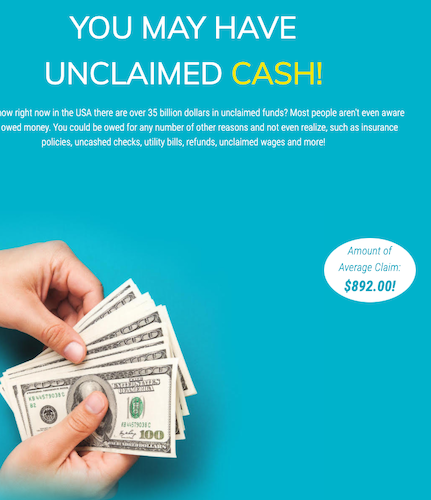what florida scratchers still have big prizes left
do i have money that is unclaimed

what florida scratchers still have big prizes left

1. How to find unclaimed money for free
2. How to claim unclaimed money for free
3. What to do with unclaimed money for free
4. How to invest unclaimed money for free
5. How to spend unclaimed money for free
6. How to save unclaimed money for free
7. Unclaimed money for free by state
8. Unclaimed money for free by country
9. Unclaimed money for free FAQ
10. Unclaimed money for free tips
1. There is an estimated $58 billion in unclaimed money in the United States
2. This money comes from forgotten bank accounts, uncashed checks, unclaimed life insurance benefits, and more
3. Most of this money is turned over to the state where the owner last lived
4. You can search for unclaimed money for free on websites like missingmoney.com
5. You may be able to claim this money even if you have moved to a different state
6. There is no time limit to claim unclaimed money
7. You will need to provide proof of your identity and a claim form
8. The process of claiming unclaimed money can take several weeks
9. You may have to pay taxes on the unclaimed money you receive
1. In the United States, there is over $58 billion in unclaimed money and property.
2. This unclaimed money is from forgotten bank accounts, uncashed checks, security deposits, and other assets.
3. Approximately 1 in 8 Americans have unclaimed money waiting for them.
4. The average amount of unclaimed money is $1,000.
5. The state of California has the most unclaimed money, with over $9 billion.
6. The state of New York has the second most unclaimed money, with over $6 billion.
7. The state of Texas has the third most unclaimed money, with over $4 billion.
8. The state of Florida has the fourth most unclaimed money, with over $3 billion.
9. The state of Illinois has the fifth most unclaimed money, with over $2 billion.
1. There is an estimated $58 billion in unclaimed money in the United States
2. This money comes from forgotten bank accounts, uncashed checks, unclaimed life insurance benefits, and more
3. Most of this money is turned over to the state where the owner last lived
4. You can search for unclaimed money for free on websites like missingmoney.com
5. You may be able to claim this money even if you have moved to a different state
6. There is no time limit to claim unclaimed money
7. You will need to provide proof of your identity and a claim form
8. The process of claiming unclaimed money can take several weeks
9. You may have to pay taxes on the unclaimed money you receive
How to make money online Pick up freelance work online. ... Test websites and apps. ... Pick up tasks on Amazon's Mechanical Turk. ... Take surveys for money. ... 5. Make money from your blog as an affiliate. ... Sell your wares on Etsy. ... Get advertising revenue from your blog or YouTube channel. ... Become an Instagram influencer. More items... • Aug 8, 2022
The best way to find out if someone has opened an account in your name is to pull your own credit reports to check. Note that you'll need to pull your credit reports from all three bureaus — Experian, Equifax and TransUnion — to check for fraud since each report may have different information and reporting.
First, go to your state's unclaimed property website to check if you're owed funds. If you've moved around a lot, you can try sites like missingmoney.com or unclaimed.org, which may be able to search multiple state databases at once. The search uses your name and your city to check for any funds. Apr 24, 2020
Unclaimed property is cash or other financial assets considered lost or abandoned when an owner can't be found after a certain period of time. May 11, 2017
An online tool from the Treasury can help you determine if you have any lost bonds, before submitting a recovery claim. “A shortcut you can take to find missing savings bonds is to head to treasuryhunt.gov, which shows matured, uncashed savings bonds,” says Leslie H. May 17, 2022
three years California's Unclaimed Property Law requires banks, insurance companies, corporations, and certain other entities to report and submit their customers' property to the State Controller's Office when there has been no activity for a period of time (generally three years).